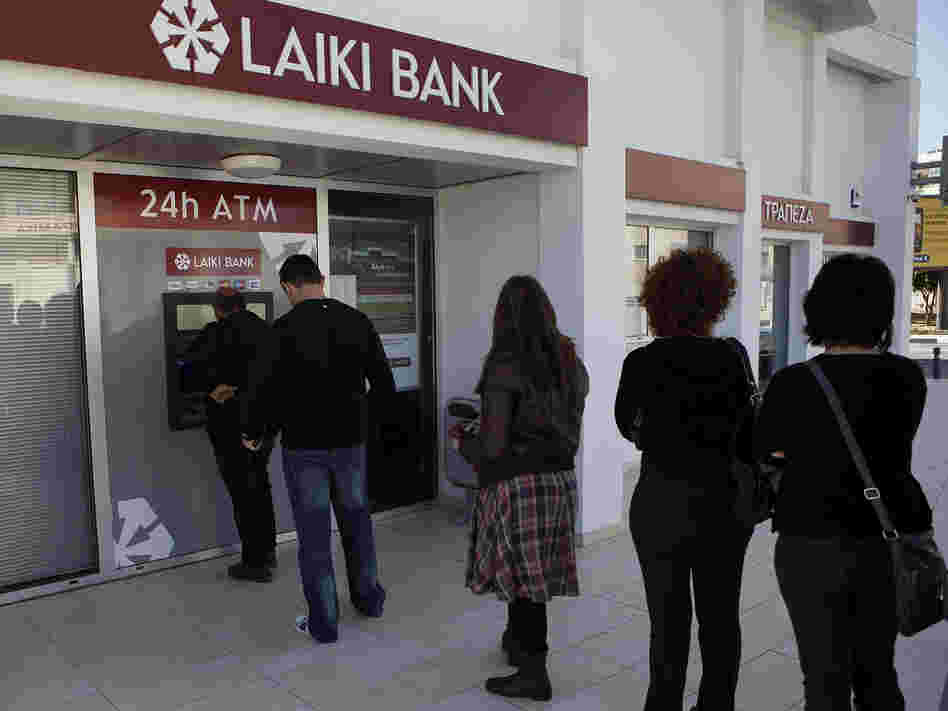
The choice was between a bailout of EUR 17 billion which would have put too heavy a debt burden on Cyprus government to carry, or force a bail in on bank depositors thus reducing the bailout financial requirement to a more manageable EUR 10 billion.
In opting for the latter the EU has crossed the Rubicon. In all bailouts so far bank depositors were safeguarded. So why did it need to be different for Cyprus?
Simply because many depositors in Cyprus banks are non-residents, mostly Russian tax exiles who exported their capital out of Russia to what they thought was a sunnier and safer place. So by bailing in depositors a good part of the financial rescue burden, estimated to the tune of some four billion Euro, has been spread onto non-resident depositors.
But in the process Cyprus resident depositors are having to suffer too. No distinction could be made of depositors based on nationality or residence. So while the country as a whole is advantaged by involving a depositor bail in, the population per se is worse off....... unless one proves the counter factual that without a depositor bail in, the whole burden would have fallen totally on the shoulder of Cypriot resident through higher taxation. The counterfactual is always hard to prove.
What's for sure is that whereas taxation could have been made progressive, shielding the most vulnerable of society from its adverse impact, the depositors bail in is regressive, or may be not progressive enough.
I think it is unfair and highly prejudicial to include insured deposits up to EUR 100,000 in the bail in. These deposits are either insured or not insured and if they can be made to suffer tax on capital at will, then the insurance protection is quite worthless.
The capital markets are all negative this morning, but nothing too drastic so far. It seems that the argument that this measure is specifically to cater for the unique situation of Cyprus is being accepted without giving rise to contagion risks.
Fingers crossed.
No comments:
Post a Comment